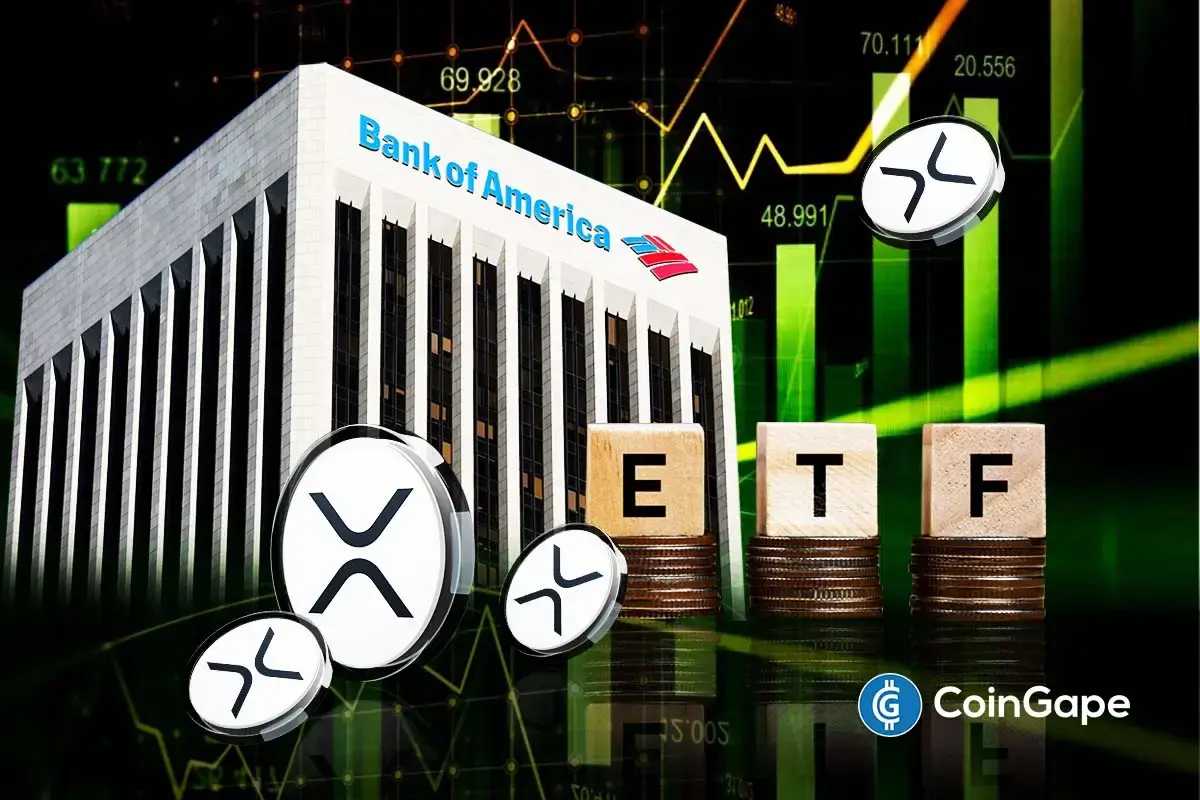Just In: Malta Updates Crypto Rules to Meet EU’s MiCA Standards

Malta’s Financial Services Authority (MFSA) has launched a public consultation to solicit input on amending its existing crypto regulations. The initiative aims to align Malta’s crypto landscape with the forthcoming Markets in Crypto-Assets (MiCA) regulations set by the European Union. This public input phase remains open until September 29, allowing stakeholders to participate in these pivotal changes.
Amendments in the VFA Rulebook
The proposed amendments to Malta’s Virtual Financial Assets (VFA) Rulebook signify sweeping changes that promise to impact exchanges, custodians, and portfolio managers in the crypto sector. Specifically, these revisions aim to simplify compliance and ensure a smooth transition as the EU moves toward implementing MiCA by December 2024.
One of the most notable changes is in the capital requirements for Class 3 and Class 4 VFA license holders. These will be reduced to 125,000 euros and 150,000 euros, respectively. Additionally, the mandate for professional indemnity insurance will be abolished. Moreover, the systems audit requirement previously imposed on VFA license holders is now eliminated.
MFSA’s Increased Oversight
Significantly, new clauses allow the MFSA more leeway in its oversight functions, particularly concerning IT audits. Service providers must now prepare a robust wind-down plan under national law, ensuring continuity and recovery of critical operations in any emergency scenario.
Initially established in 2018, Malta’s VFA framework was a blueprint for regulating the burgeoning crypto sector. However, with MiCA set to replace existing EU regulations, Malta has proactively opted for early modifications to its regulatory framework. These adjustments are part of a three-month transitory period, allowing adequate time for VFA providers to adapt to the new rules.
Besides streamlining compliance, the updated VFA Rulebook incorporates service-specific rules from MiCA. This step will change the requirements relating to client suitability and order execution for service providers. In addition, outsourcing requirements are also being realigned to comply with MiCA guidelines.
Malta’s regulatory updates bolster its crypto ecosystem and signify its commitment to the broader European regulatory vision. By opting to align with MiCA ahead of its formal introduction, Malta aims to facilitate a seamless transition for its crypto industry. Hence, the ongoing public consultation and the forthcoming rule changes are significant milestones in Malta’s crypto regulatory evolution.
- Breaking: Bank of America (BofA) Reveals Holdings in This XRP ETF
- BlackRock Signal Further Downside for Bitcoin And Ethereum As It Moves $170M to Coinbase
- Just-In: Binance Buys Additional 1,315 BTC for SAFU Fund
- Big Short Michael Burry Issues Dire Warning on Bitcoin Price Crash Risks
- Kevin Warsh Nomination Hits Roadblock as Democrats Demand Answers on Powell, Cook
- Pi Network Price Outlook as Bitcoin Faces a Strong Sell-Off Below $80k
- Bitcoin Price Prediction As US House Passes Government Funding Bill to End Shutdown
- Ondo Price Prediction as MetaMask Integrates 200+ Tokenized U.S. Stocks
- XRP Price Risks Slide to $1 Amid Slumping XRPL Metrics and Burn Rate
- Gold and Silver Prices Turn Parabolic in One Day: Will Bitcoin Mirror the Move?
- Cardano Price Prediction as the Planned CME’s ADA Futures Launch Nears
















